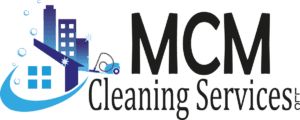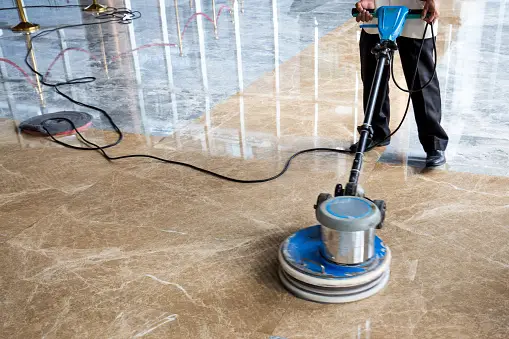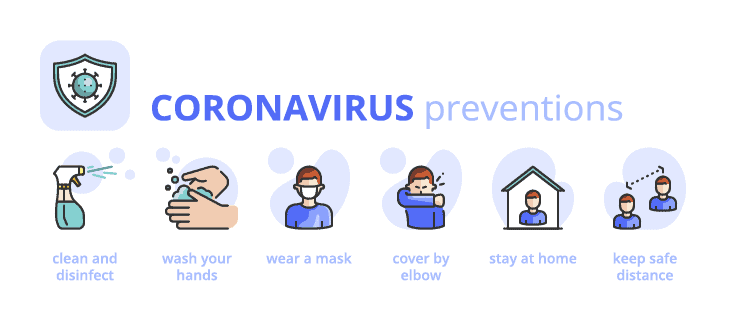
Residential and Commercial Cleaning: Strategies for Allergen Control
Date Posted:
March 7, 2024
Introduction
Allergens are substances that can cause allergic reactions in sensitive individuals. In both residential and commercial settings, allergen control is essential for maintaining clean and healthy environments. This article explores effective strategies for controlling allergens in homes and businesses.
Identifying Common Allergens
Common household allergens include dust mites, pollen, pet dander, and mold spores. These allergens can trigger allergic reactions and respiratory problems in susceptible individuals.
Impact of Allergens on Health
Exposure to allergens can lead to a range of health issues, including allergic rhinitis, asthma, and eczema. Allergic reactions may vary from mild symptoms such as sneezing and itching to severe respiratory distress.
Strategies for Allergen Control in Residential Cleaning
Regular dusting and vacuuming are essential for removing allergens from carpets, furniture, and other surfaces. Washing bedding and curtains frequently can help reduce dust mites and pollen. Using allergen-proof mattress and pillow covers can prevent exposure to dust mites and pet dander. Keeping pets clean and groomed can also minimize allergen levels in the home.
Commercial Cleaning and Allergen Control
In commercial spaces, allergen control is crucial for maintaining a healthy and productive environment. Different types of establishments, such as offices, hotels, and restaurants, have unique allergen control needs.
Professional Cleaning Services for Allergen Control
Hiring certified cleaning companies ensures that proper allergen control measures are implemented. These companies may use HEPA filtration systems and green cleaning products to reduce allergen exposure.
Educating Clients about Allergen Control
Providing information on common allergens and tips for maintaining allergen-free environments can empower clients to take proactive steps. Regular cleaning schedules are essential for minimizing allergen buildup in homes and businesses.
Integration of Technology in Allergen Control
Technological advancements, such as air purifiers and smart cleaning devices, can help improve indoor air quality and reduce allergen levels. Monitoring systems allow for real-time tracking of allergen levels, enabling proactive intervention.
Training and Certification for Cleaning Staff
Proper training and certification ensure that cleaning staff are knowledgeable about allergen control best practices. Compliance with industry standards is essential for delivering high-quality cleaning services.
Creating Allergen-Free Zones
Designating specific areas as allergen-free zones can accommodate individuals with allergies or sensitivities. Implementing policies to minimize allergen exposure in these areas promotes a healthier environment for all occupants.
Regular Maintenance and Inspections
Scheduled inspections help identify potential allergen sources, such as mold and mildew. Regular maintenance of HVAC systems is essential for preventing the spread of allergens throughout the building.
Client Communication and Feedback
Establishing open communication channels with clients allows cleaning companies to address concerns and make necessary adjustments. Seeking feedback on cleaning services and allergen control measures helps ensure client satisfaction.
Promoting Allergen Control as a Competitive Advantage
Marketing allergen control services can help cleaning companies differentiate themselves from competitors. Emphasizing the health and wellness benefits of allergen control can attract clients who prioritize clean and healthy environments.
Case Studies and Success Stories
Examples of successful allergen control strategies in residential and commercial settings demonstrate the effectiveness of proactive cleaning measures. These case studies highlight the positive impact of allergen control on indoor air quality and occupant health.
Conclusion
Effective allergen control is essential for maintaining clean and healthy residential and commercial environments. By implementing proactive cleaning strategies, such as regular dusting and vacuuming, using certified cleaning services, and integrating technology, property owners can create allergen-free spaces that promote health and well-being.
Unique FAQs
- How often should I clean my home to reduce allergen levels?
- Cleaning frequency depends on various factors, including the number of occupants, pets, and allergen sensitivity. In general, weekly dusting and vacuuming can help minimize allergen buildup.
- Are there any natural remedies for reducing allergens in the home?
- Some natural remedies, such as using vinegar or baking soda for cleaning, may help reduce allergen levels. However, professional cleaning services and certified products are often more effective for thorough allergen control.
- Can air purifiers eliminate all allergens from indoor air?
- While air purifiers can help reduce airborne allergens, they may not eliminate all allergens entirely. Regular cleaning and maintenance are necessary to keep allergen levels low in indoor environments.
- How can I tell if I have mold or mildew in my home?
- Signs of mold or mildew growth include musty odors, visible mold growth on surfaces, and water stains. If you suspect mold or mildew, it’s essential to address the issue promptly to prevent health problems.
- What should I do if I experience allergy symptoms despite regular cleaning?
- If you experience persistent allergy symptoms, despite regular cleaning and allergen control measures, consult with a healthcare professional. Allergy testing can help identify specific triggers and guide treatment options.
To get started, request a quote here.







